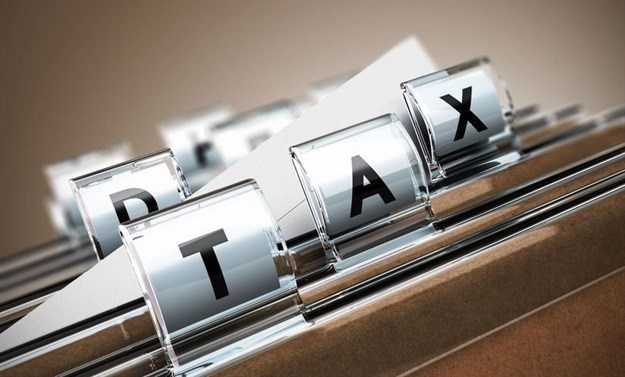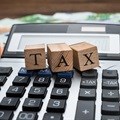With the budget deficit projected to widen from 3.1% to 4.3% of GDP in the current fiscal year and tax revenue expected to fall R50.8bn short of earlier estimates, the Treasury is gripped by the challenge of finding new income streams. Many citizens believe, or fear, it will find them by raising taxes.
The Treasury has a difficult task. Growth for 2017 is projected below 1%, while growth for 2018 is expected to be a paltry 1.1%, according to the World Bank.
Although there is more than a month to prepare the 2018 budget, speculation on how Finance Minister Malusi Gigaba will raise additional tax revenue is already rife.
In addition to a shortfall, according to the South African Revenue Service (SARS) and the Treasury, returns from personal income tax have dwindled with the slowing of the economy.
SARS head of revenue and research Randall Carolissen says this is the impact of a very slow economy.
"Our personal income tax was extremely buoyant but that has taken a back seat because business confidence is very low. Companies don't employ more people. As the economy lifts, tax buoyancy will lift," Carolissen says.
Gigaba flagged the downward spiral in tax revenue during the medium-term budget policy statement at the end of October. "Compliance concerns are mounting in the context of tax administration challenges and weakening tax morality," he said.
Many economists argue that a value-added tax (VAT) hike is the most effective way of raising additional revenue. Since SA has a relatively small personal income tax base and corporate taxes are fairly high by international standards, the debate on a potential VAT rate hike continues to flare up. But the issue is controversial and finance ministers, looking to retain their political capital, have in the past left the VAT rate untouched.
VAT collections have been the second-largest contributor to total tax revenue in the past 10 years. On average, net VAT accounted for 25.9% of total tax revenue. It is estimated that a one-percentage point increase in the VAT rate could raise more than R22bn in revenue.
Louis Botha and Heinrich Louw 18 Nov 2016 Old Mutual economist Rian le Roux explains: "If the finance minister could do one thing, it would be to raise the VAT rate by 1% to avoid a Moody's downgrade. The economic debate in SA is based on emotion, not rationality."
Moody's, the only credit ratings agency that still has SA a notch above junk status, has placed the country on review and is expected to make a decision after the budget in February. It said the review would leave room for it to assess the government's willingness and ability to respond to weaker growth prospects and material budgetary revenue shortfalls that emerged alongside increased spending pressures.
The Davis tax committee argues that the short-term negative effect on GDP and employment from a VAT increase would be less severe than a rise in personal income tax or corporate income tax.
Mike Teuchert, national head of taxation at Mazars, says the Treasury dismissed the prospect of raising the VAT rate in February 2017. "If the minister had raised VAT by 2%, SARS would have been able to collect an estimated R40bn from that alone. The political pressure on Treasury to keep VAT the same is even higher. We also believe that raising VAT in 2018 might be too little, too late," Teuchert says.
But having already spurred a strong reaction from trade unions, a potential VAT hike is likely to be met with outrage.
A onepercentage point VAT hike will hit the poor the hardest and is a tough move to justify, with unemployment at 27.7% and with 55.5% of the population living in poverty.
Patrick Craven, spokesman for the South African Federation of Trade Unions, says tax increases will hit the poor directly through PAYE deductions. "Any increase in VAT, which we all pay every time we buy something, will also indirectly give capitalist businesses a reason for not investing and creating jobs."
Cosatu spokesman Sizwe Pamla argues that a VAT increase will be a painful blow to struggling lower- and middle-income families.
"VAT is a regressive tax that hurts the poor and stifles demand and economic growth. Cosatu will fight any VAT increase," he says.
Pamla says that the Treasury should instead increase taxes on luxury goods.
Deloitte's managing partner for taxation services in Africa, Nazrien Kader, says there is a way to justify a VAT increase.
Kader expects a two-tiered system for new VAT hikes. SA currently uses a standard rate of 14% and a zero-rate (for example, on basic food items). These could be coupled with higher VAT for luxury items.
A multitier system could include applying a higher rate to luxury items such as movies and cigars, while still keeping the standard rate at 14%.
"It shouldn't impact the lower-income segments," Kader says. "But it still won't be enough to meet the shortfall."
Come February, Gigaba may have to do the unthinkable and hike VAT. It won't come without a political backlash.
Source: Business Day





































